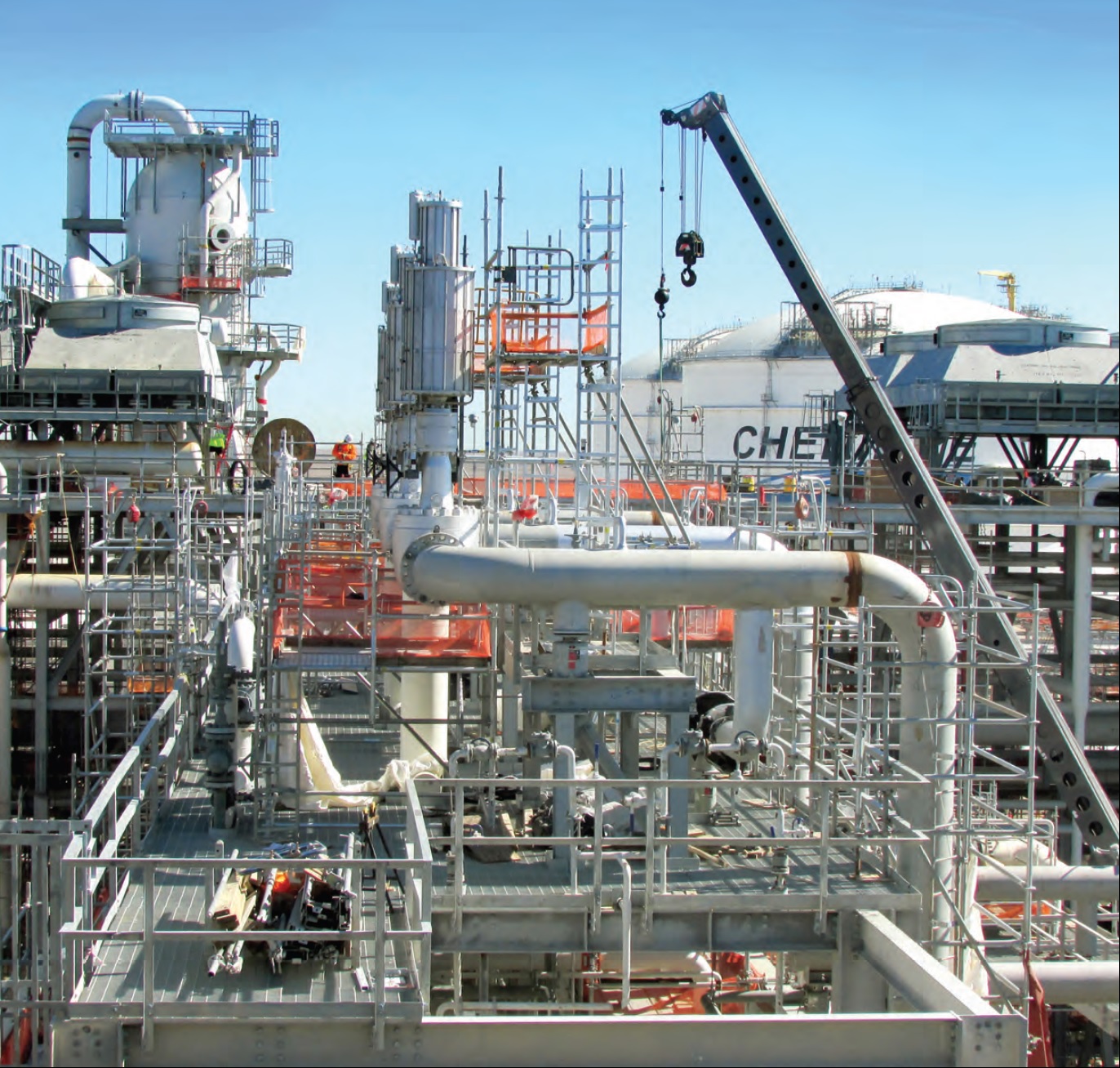Cheniere Sets Methane Emissions Target for LNG Facilities
(P&GJ) — Cheniere Energy Inc. has established a voluntary, measurement-informed Scope 1 annual methane intensity target for its liquefaction facilities. This target is part of the company's climate strategy and draws on data from its multi-scale emissions measurement and mitigation programs.
It aligns with the requirements to achieve Gold Standard under Cheniere’s membership in the United Nations Environment Program’s (UNEP) Oil & Gas Methane Partnership (OGMP) 2.0.
Cheniere aims to consistently maintain a Scope 1 annual methane emissions intensity of 0.03% per tonne of liquefied natural gas (LNG) produced across its two U.S. Gulf Coast liquefaction facilities by 2027. Using measured emissions data to inform methane targets represents an important element in Cheniere’s strategy and moves the industry forward in its climate performance.
Cheniere’s Quantification, Monitoring, Reporting and Verification (QMRV) projects — including data from approximately 50 aerial measurements of the Company’s operations at its liquefaction facilities performed over a 16-month period — informed the process of establishing the methane target.
“Cheniere’s LNG plays a critical role in meeting the world’s growing need for secure and reliable energy, while supporting the transition to a lower-carbon future,” Jack Fusco, Cheniere’s president and CEO, said. “Our methane emissions intensity target reflects our commitment to leverage measurement-informed emissions data to improve the climate competitiveness of our LNG and ensure the long-term resilience of our business.”
In addition, Cheniere has updated its peer-reviewed LNG life cycle assessment (LCA), originally published in 2021. The new study has been accepted by a top-tier academic journal and is expected to be published soon. The updated LCA finds that in all cases the supply-chain specific GHG emissions intensity of Cheniere’s LNG is lower than those presented in the U.S. Department of Energy’s National Energy Technology Laboratory (NETL) 2019 study.
Cheniere’s broader climate strategy focuses on a data- and science-based approach to identifying potential emissions reduction opportunities. The company collaborates with suppliers throughout the LNG value chain, scientific experts, leading academic institutions and customers to inform, understand and improve the characterization of emissions performance and identify potential mitigation measures across the supply chain.
Related News
Related News

- Kinder Morgan Proposes 290-Mile Gas Pipeline Expansion Spanning Three States
- Enbridge Plans 86-Mile Pipeline Expansion, Bringing 850 Workers to Northern B.C.
- Intensity, Rainbow Energy to Build 344-Mile Gas Pipeline Across North Dakota
- Tallgrass to Build New Permian-to-Rockies Pipeline, Targets 2028 Startup with 2.4 Bcf Capacity
- U.S. Moves to Block Enterprise Products’ Exports to China Over Security Risk
- U.S. Pipeline Expansion to Add 99 Bcf/d, Mostly for LNG Export, Report Finds
- A Systematic Approach To Ensuring Pipeline Integrity
- 275-Mile Texas-to-Oklahoma Gas Pipeline Enters Open Season
- US Poised to Become Net Exporter of Crude Oil in 2023
- EIG’s MidOcean Energy Acquires 20% Stake in Peru LNG, Including 254-Mile Pipeline





Comments